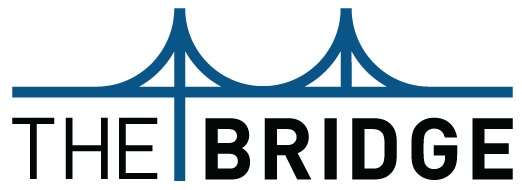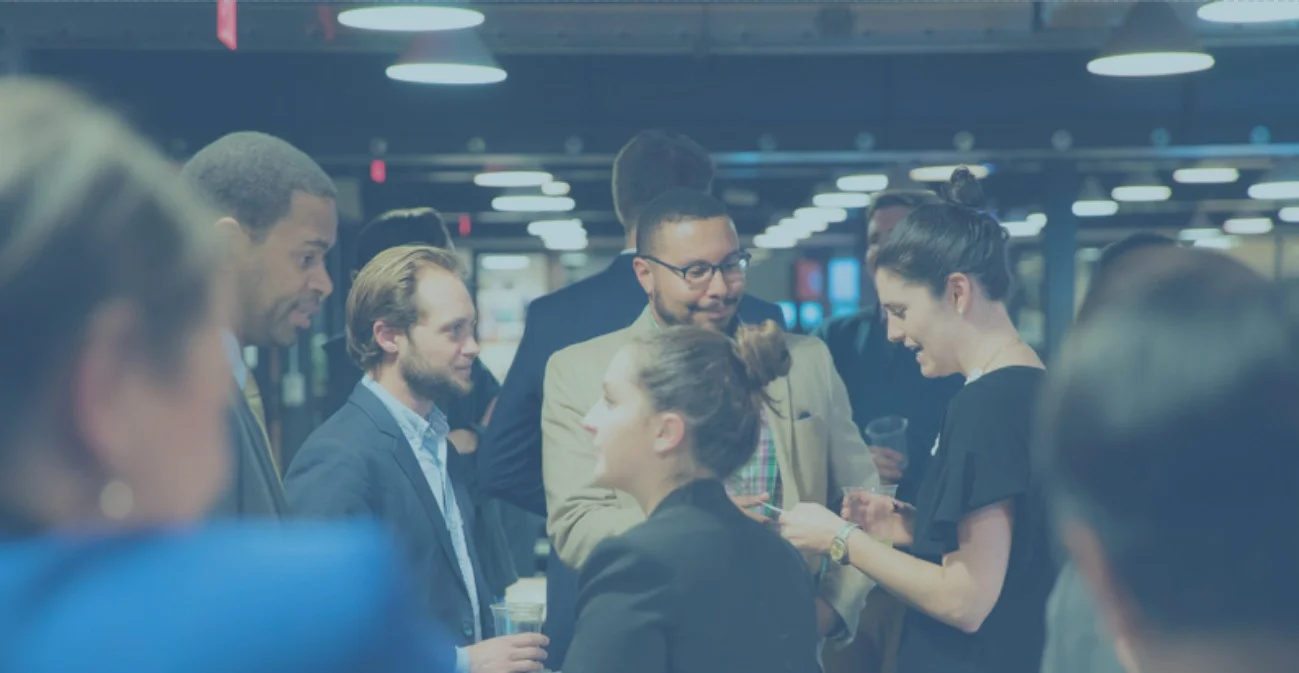TheBridge profile: Michael Sellitto
Name: Michael Sellitto
Current city: San Francisco, CA
Current job: Head of Geopolitics and Security at Anthropic
Past job: Founding Director, Stanford Institute for Human-Centered Artificial Intelligence; Director for Cybersecurity Policy, National Security Council (2015-2018)
Q. Favorite spot for a coffee meeting? Equator Coffee in the LinkedIn Building
Q. Describe how a skill you learned in a previous job helped you in your current job. When you start your career you tend to have a narrow set of issues you're responsible for, and in that bubble sometimes you think the answer is obvious or inarguable. But policymakers always want options; they're dealing with a broader and more complicated set of intertwined issues. Being forced to generate options and arguments in favor of each - even when you think there's only one solution - teaches you to be flexible and look at every angle before making a decision.
No matter what your job is, you're always going to hit dead ends. Having other options in your pocket helps you keep a positive outlook when you inevitably hit that wall.
Q. Job advice in three words? Take a chance.
Q. How are you (or your company, org, nonprofit) currently bridging the gap between innovation and regulation? Artificial intelligence is poised to have a pervasive and profound impact on nearly all aspects of our lives. We are bringing researchers from nearly every discipline together with civil society, government, and industry to tackle some of the most critical questions about the human impact of the technology. From fundamental questions about what makes a good life and what kind of world do we want to live in, to how we ensure that this powerful technology is more fair and equitable, and its benefits are more broadly spread than those of other recent technological revolutions.
Answering these questions and developing policies and regulations that harness the promise of the technology while anticipating the risks will require a deeper and more meaningful dialogue collaboration between government and tech than we are seeing today. And, indeed, it will need to be much more inclusive of the breadth of developers and users or other impacted stakeholders.
Q. What can innovators learn from policymakers? Policymakers bring a depth of knowledge to bear on a problem. Maybe not technical knowledge, but knowledge about a community, the history of decisions that were made and why, or other factors that help explain why we are where are and what the trade-offs are between various alternatives. Constructive engagement upfront will pay dividends later.
Q. What can policymakers learn from innovators? Run more experiments. Innovation works because 10 (or 100) failures are allowed and expected for every major success. Policy and regulation move so slowly because failures are not tolerated, resulting in paralysis and a continuation of the status quo, even a bad status quo. We'd get better outcomes if we tested out several alternative courses of action in limited experiments and then chose the best one. This would require a culture change both inside and outside of government.
Q. Looking back, what advice would you give yourself in the beginning of your career? Don't try to plan your career too far into the future. In every job you're going to learn something about yourself, what you're good at, like or hate, and where you need to grow. Consider each job on the merits of how much opportunity it offers for you to develop and grow, not whether it checks a box on career plan. Also, take heart in knowing that sometimes not getting "the job" will turn out to be the best break you ever get.
Q. Most underrated virtue in an employee? Questioning the boss. Managers have to make an endless stream of decisions, and their instincts aren't always going to be right. In a positive work environment even the most junior person should be empowered to speak up. But once the decision is made, everyone should be playing on the same team to carry it out.
Q. Favorite book/podcast/long-form article you recommend? This American Life.
Q. Embarrassing work moment? While working at the State Department, I physically collided with not one, but two consecutive Secretaries of State. Thankfully they were both incredibly gracious and probably forgot about the incidents before I was out of sight, but I'm still mortified.
Q. Last time you were completely unplugged? Can’t remember!
Click below to join TheBridge community.


